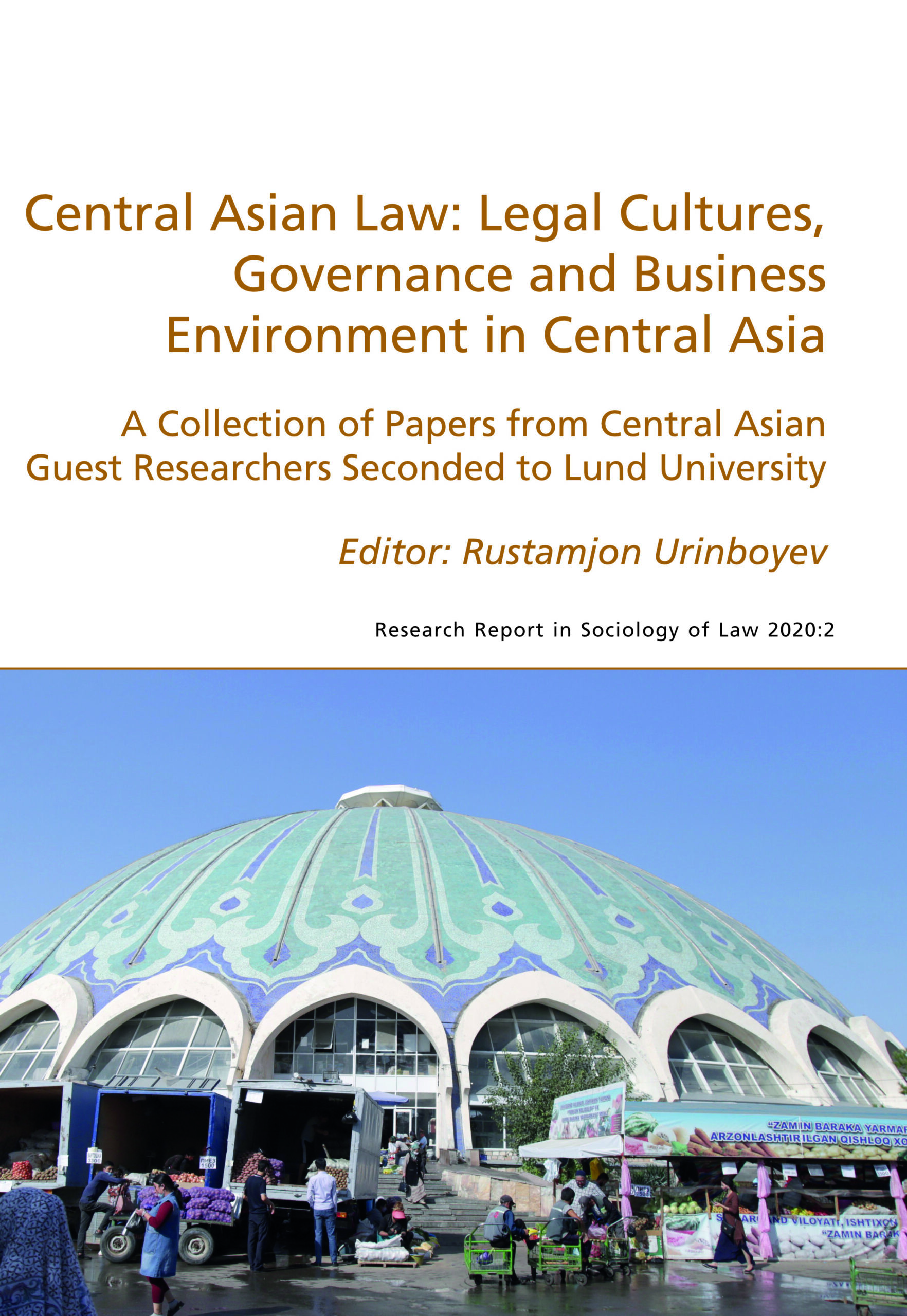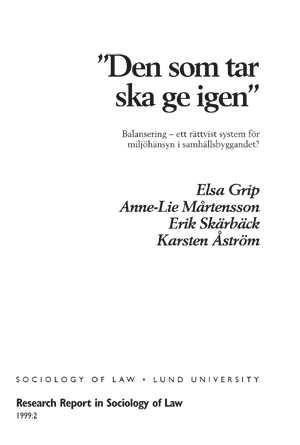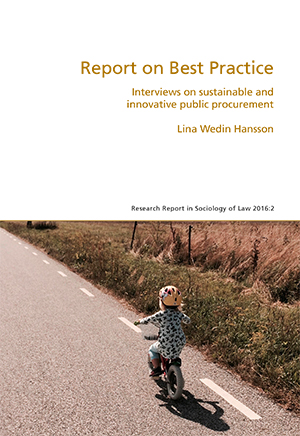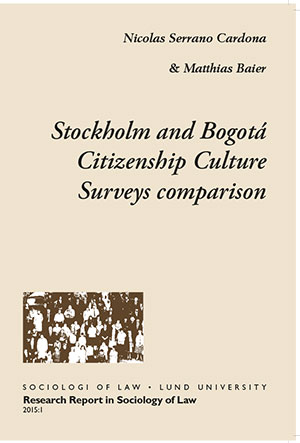Central Asian Law: Legal Cultures, Governance and Business Environment in Central Asia
A Collection of Papers from Central Asian Guest Researchers Seconded to Lund University
Rustamjon Urinboyev
175 kr
Beskrivning
This research report is a compilation of essays written by guest researchers from Central Asia who spent four to twelve months at the Department of Sociology of Law, Lund University, and conducted research on various topics pertaining to legal cultures, governance and business environments in Central Asia. These guest research stays (secondments) took place in the framework of the EU-funded project “Central Asian Law: Legal Cultures and Business Environments in Central Asia” (project number 870647 H2020 MSCA-RISE 2019-2023), which runs from 01/03/2020 through 28/02/2024. The project is coordinated by Lund University and the project consortium includes European universities (University of Zurich, Charles University Prague, Riga Graduate School of Law, Marmara University, University of Latvia) as well as Central Asian partner institutions (L.N. Gumilyov Eurasian National University, Khujand Polytechnic Institute of the Tajik Technical University, SIAR Research and Consulting, Tebigy Kuwwat Public Association, Academy of the General Prosecutor’s Office of Uzbekistan, Westminster International University in Tashkent).
This research report consists of introduction and five papers that explore contemporary issues and challenges in Central Asia, such as the problems accompanying the internationalization of higher education and research, anticorruption legal frameworks and the business climate, cultural branding, legal culture education, and the digital economy. The main idea behind publishing this preliminary research report is to provide a platform for Central Asian guest researchers to present the research projects they developed during their research stay in Lund and share their initial research findings with the Central Asian Law project team and the wider academic and policy audiences. Another equally important aim was to empower our guest researchers, given the fact that many Central Asia-based researchers find it difficult to publish their academic work in Western academic venues due to different academic, economic, and ideological factors.
Ytterligare information
| Vikt | 358 g |
|---|---|
| Storlek | 10 × 165 × 240 mm |
| Språk | Engelska |
| Antal sidor | 164 |
| Publikationsår | 2020 |
| Bandtyp | Häftad |
| ISBN | 978-91-7267-429-5 |
| ISSN | 1404-1030 |
| Volym | 2020:2 |





